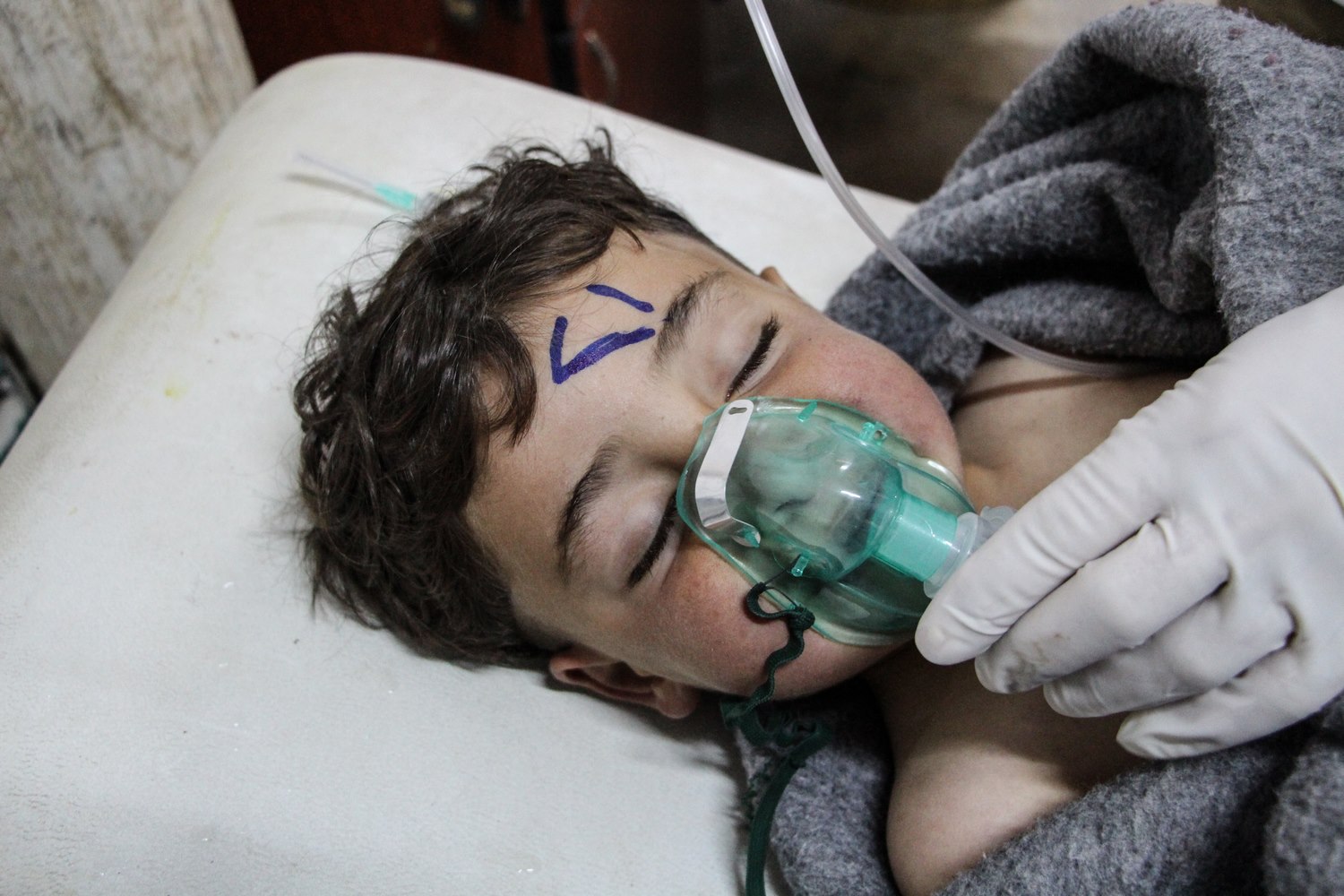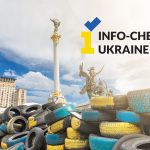RUSSIA MONITOR
Date: 5 April 2017
A Narrative in Ruins
At least 86 people have died in a chemical attack of 4 April on the rebel-hold town of Khan Sheikhoun in the Idlib Governorate in north-western Syria. The casualties include 30 children and 20 women. The attack was most probably launched by Syrian or Russian aircrafts. The Assad regime denies the charges, same as Russia, which propagates a thesis that the tragedy happened in result of an air strike hitting a rebel depot full of chemical munitions. However, the US administration rejects such explanation.

The use of chemical weapons in Syria by the regime forces, and not for the first time, caused a storm in the world of politics, and it can already be said that this torpedoed any possibilities of even basic cooperation between the US and Russia in this conflict. Washington will go back to its harsh rhetoric against Assad, even though recently Trump’s administration is said not to press so much for removing the dictator. The attack in Idlib has totally destroyed the narrative that Moscow has been trying to impose for the last few days, namely that West should tighten its antiterrorist cooperation with Russia. This has been the message from Kremlin after the metro attack in St Petersburg, which was swiftly linked with the Jihadists, the Islamic State and Syria. A similar scenario is repeated after each major Islamist attack in the West or, as is this case, in Russia. Kremlin’s reasoning is simple: either the West will agree to cooperate with Moscow on the issue of terrorism and will give up on other issues (e.g. Ukraine) or it will not, and then Moscow will have yet another argument to criticize the West. The use of chemical weapons immediately after the tragedy in St Petersburg and all its political consequences is an argument for rejecting the theory that the attack was a provocation of Russian services. It would make no sense to destroy the antiterrorist narrative just after it has been created. Or maybe the coordination has failed and those deciding to use the gas against civilians did not take Kremlin’s reasoning into account. The question arises: did they do this unwittingly or, on the contrary, intentionally, to harm Putin.
All texts (except images) published by the Warsaw Institute Foundation may be disseminated on condition that their origin is stated.










